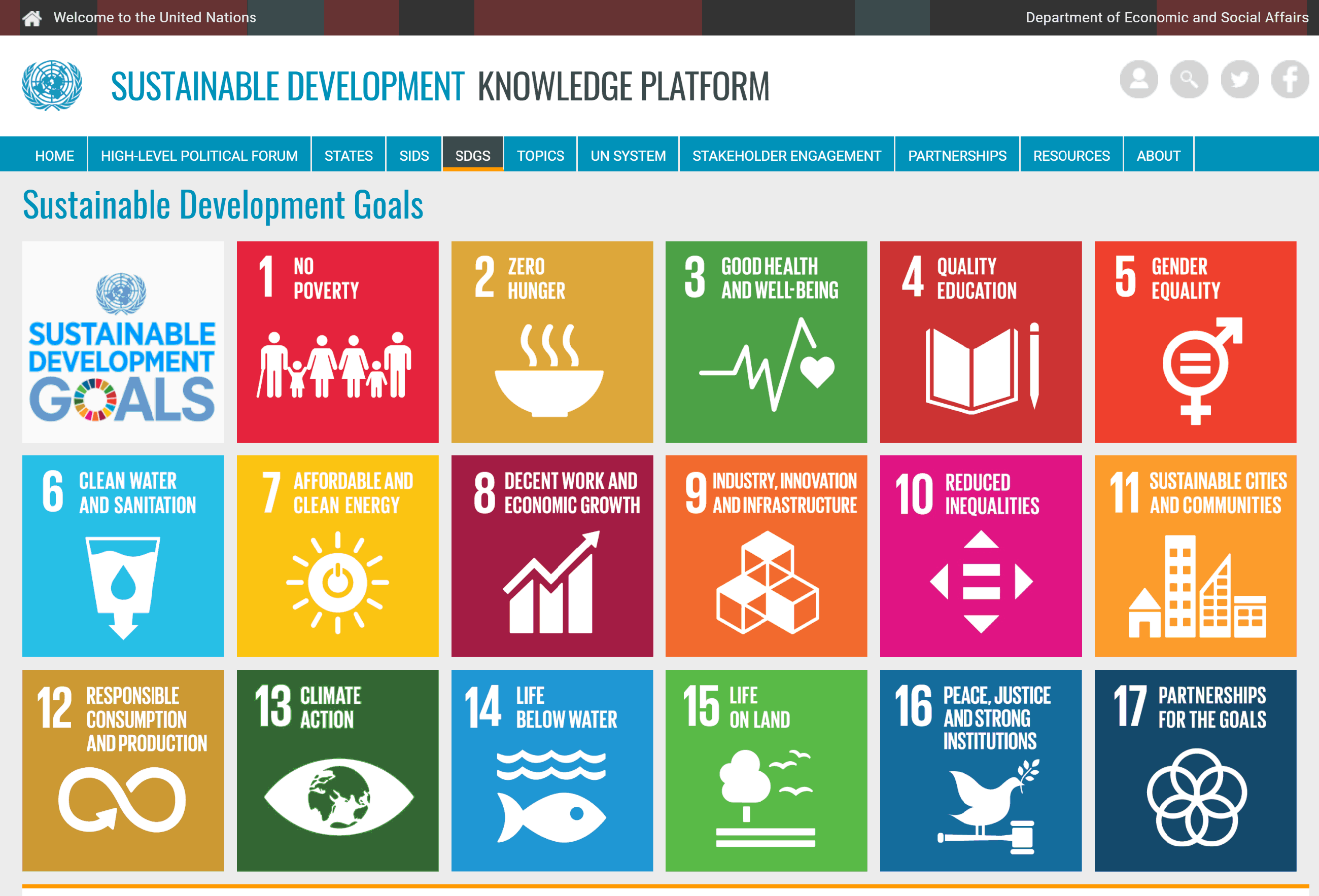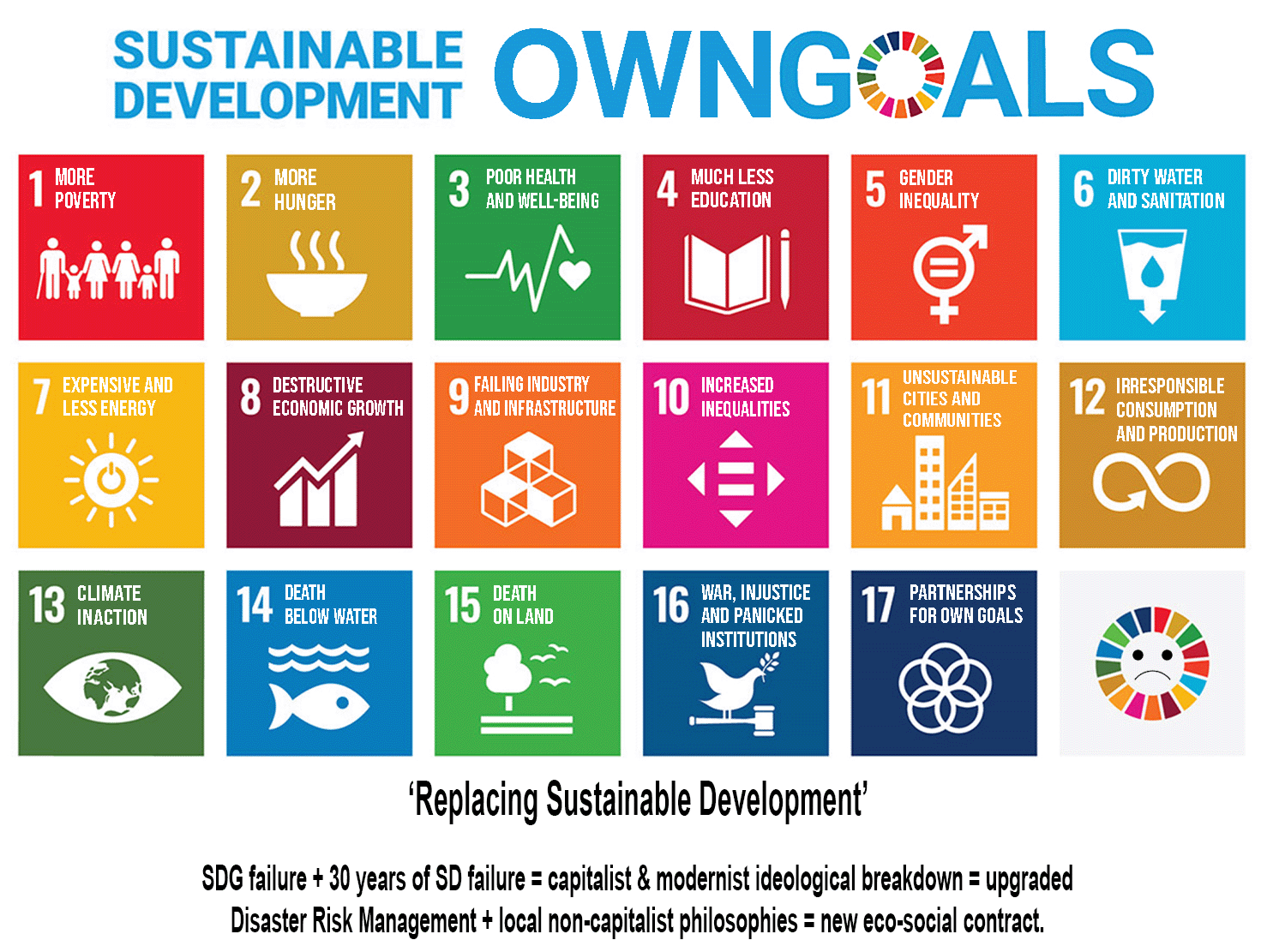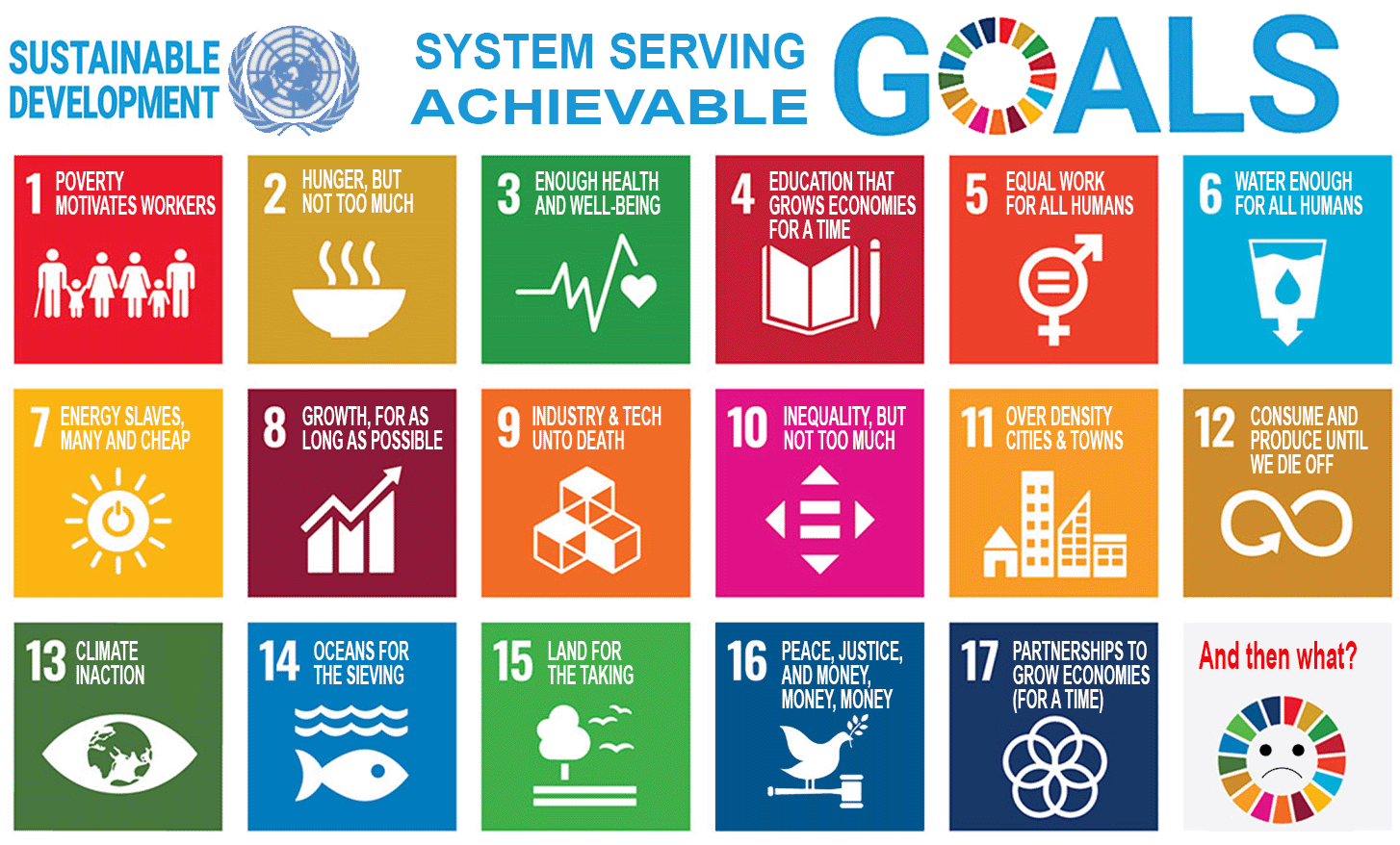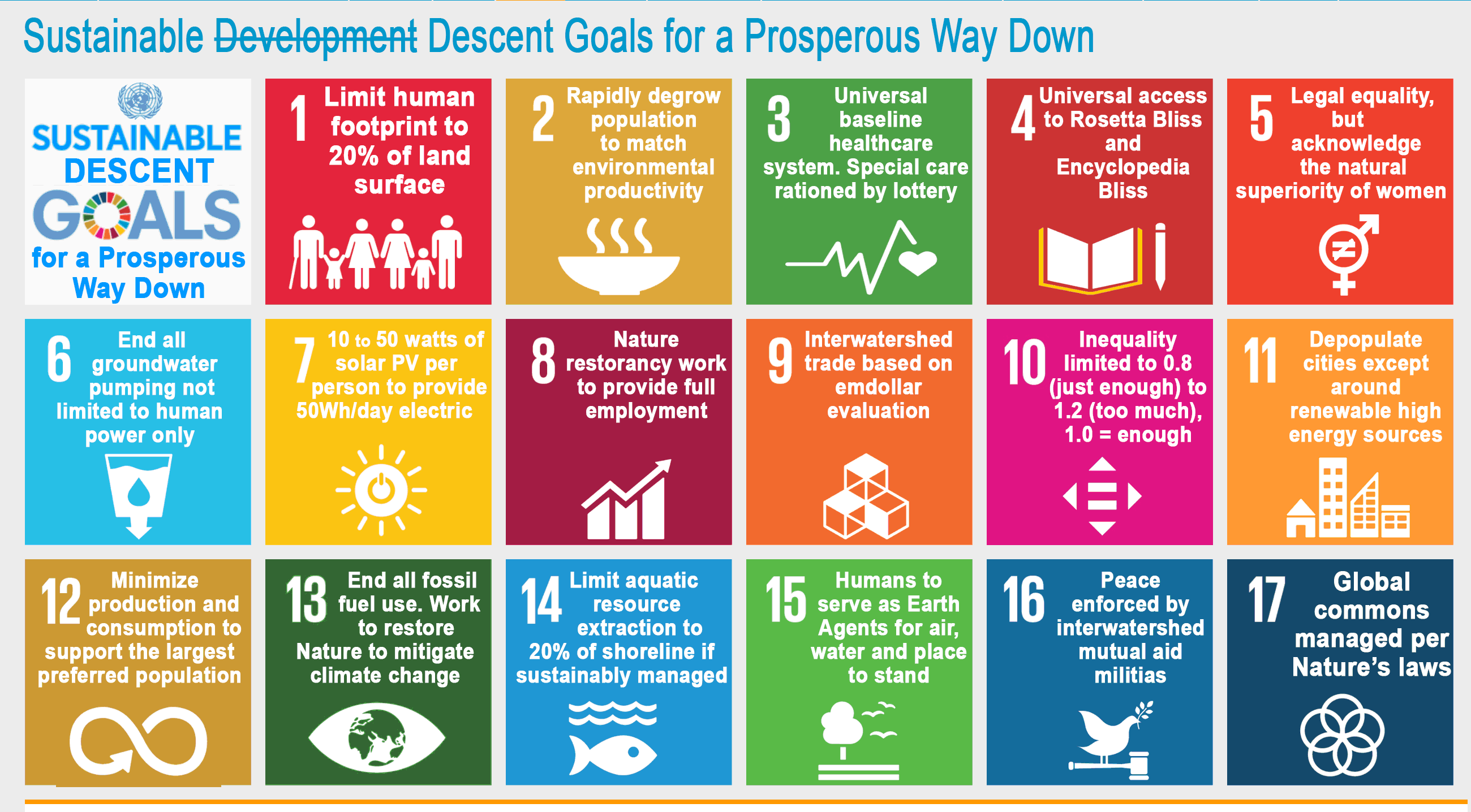
TUESDAY, MAY 24, 2022: NOTE TO FILE

International Scholar's Warning
Of societal disruption or collapse
Eric Lee, A-SOCIATED PRESS
TOPICS: SOCIETAL DISRUPTION, FROM THE WIRES, COLLAPSE
Abstract: In December 2020 a group of international scholars and scientists signed a warning letter to humanity. Initially 250 signed, then within a couple of months over 500 from 30 countries had signed. The Scholars Warning letter was reported in the LA Times, The Guardian and Le Monde, but largely ignored by the world media and citizens on their social media.
COOS BAY (A-P) — The letter:
Subject: Only if we discuss collapse might we prepare
As scientists and scholars from around the world, we call on policymakers to engage openly with the risk of disruption and even collapse of our societies. After five years of failing to reduce carbon emissions in line with the Paris Climate Accord (1), we must now face the consequences.
While bold and fair efforts to cut emissions and naturally drawdown carbon are essential, researchers in many areas now consider societal collapse to be a credible scenario this century (2a & 2b). A range of views exist on the location, extent, timing, permanence and cause of such disruptions; but the way modern societies exploit people and nature is a common concern (3a & 3b).
Only if policymakers begin to discuss this threat of societal collapse might communities and nations begin to prepare and so reduce its likelihood, speed, severity, harm to the most vulnerable, and to nature.
Some armed services already see collapse as an important scenario, requiring planning (4a and 4b). Surveys show many people now anticipate societal collapse (5). Sadly that is already the experience or memory of many communities in the Global South (6). However, the topic is not well reported in the media, and mostly absent from civil society and politics.
When potential collapse is covered by the media, it typically cites people who condemn discussion of the topic. Ill-informed speculations, such as on foreign misinformation campaigns, or impacts on mental health and motivation, will not support serious discussion (7). Rather, such claims risk betraying the thousands of activists and community leaders whose anticipation of collapse is part of their motivation to push for change on climate, ecology, and social justice.
People who care about environmental and humanitarian issues should not be discouraged from discussing the risks of societal disruption or collapse. That could risk agendas being driven by people with less commitment to such values.
Some of us believe that a transition to a new form of society may be possible. That will involve bold action to reduce damage to the climate, nature and other people, including preparations for major disruptions to everyday life. We are united in regarding efforts to suppress discussion of collapse as hindering the possibility of that transition.
We have experienced how emotionally challenging it is to recognise the damage being done, along with the growing threat to our own way of life. We also know the great sense of fellowship that can arise (8). It is time to invite each other into difficult conversations, so we can reduce our complicity in the harm, and be creative to make the best of a turbulent future (9).
References in the letter
Mostly these links are to news stories about research, and the academic papers are referenced within these stories.
1) Jackson, R B, P Friedlingstein, R M Andrew, J G Canadell, C Le Quéré and G P Peters (2019), Persistent fossil fuel growth threatens the Paris Agreement and planetary health, Environmental Research Letters, Volume 14, Number 12
2a) Science Alert (2020) Scientists Warn Multiple Overlapping Crises Could Trigger 'Global Systemic Collapse' (sciencealert.com)
2b) Kalmus, P. (2020) With global heating, expect inferno seasons in the American West, https://www.latimes.com/opinion/story/2020-09-12/climate-change-wildfires-california-oregon-heat
3a) Servigne, P. and R. Stevens (2020) “How Everything can collapse. A Manual for our Times, Polity Books, London.
3b) Andreotti V. et al (2020) Preparing for the end of the world as we know it | openDemocracy
4a) Vice (2020) British Military Prepares for Climate-Fueled Resource Shortages (vice.com)
4b) Vox (2020) How the Pentagon plans for climate change - Vox
5) Cassely, J.-L. and Fourquet, J. (2020). La France : Patrie de la collapsologie ?. [online] Fondation Jean Jaures. Available at: https://bit.ly/37jzvOv .For a press dispatch in English, see https://bit.ly/2XKNWaU
6) The Guardian (2020) Climate crisis leaving 2 million people a week needing aid – Red Cross | Environment | The Guardian
7) The Guardian (2020), Meet the doomers: why some young US voters have given up hope on climate | Environment | The Guardian
8) Bendell, J. and D. Cave (2020) Does anticipating societal collapse motivate pro-social behaviours? (iflas.blogspot.com)
9) Carr, K. and J. Bendell (2020) Facilitation for Deep Adaptation: enabling loving conversations about our predicament - Insight (cumbria.ac.uk)
So, over 500 (let's say 599) scholars have existential concerns for humanity. The only barrier to signing is having a PhD. How many of the PhD endowed are there? No one seems to have a good number, but estimates by those who may know enough to have an opinion range from 10 to 20 million, so let's just go with 15 million. The authors complain that, apart from XR (Extinction Rebellion), 'it appears from social media accounts and press releases that environmental groups in the English-speaking world entirely ignored this communication by international scholars.'
I added their warning to my list of scientist's warning ('modern' warnings starting in 1948) early in 2021. What surprises me, given the low bar to signing, is that less than 1% of potential signators (150,000) have signed on (0.004% signed, which, as the numerate know, is not many). I'm an ignorant know-nothing from the hood, and I wouldn't have signed it if I could, but not because I don't have existential concerns for the biosphere and humanity.
The international scholars from 30 countries seem to think there are many societies, and not one global interconnected/dependent monetary culture all are products of and serve. They seem to think that our extinction debt is climate change driven. They don't seem to understand that politicized for-and-against climate change mania is a distraction (overshoot being our problematique), and that calling upon SYSTEM serving policymakers to discuss the threat of societal collapse, much less do something effective to alter our trajectory, is like asking wolves to protect Bambi. 
No mention (ability to think?) that the solutionatique, if there were to be one, must begin with rapid human depopulation (by a birth-off event), and with reduced per capita consumption for extra credit (towards paying our extinction debt and mitigating posterity's die-off event).
Denialists who lean the wrong way 'risk betraying the thousands of activists and community leaders [<10k?] whose anticipation of collapse is part of their motivation to push for change', e.g. in climate policy, use of plastic straws/bags, and ecological and social justice. So thousands of activists and other thought leaders, or maybe 0.0003% of global adults (5.4 billion), also have existential concerns for humanity (if not the biosphere), enough to be proactive in asking policymakers to do something to save Bambi.Will we, the 8 billion, 'transition to a new form of society'? Kicking and screaming, some may, perhaps 0.001%, but not by choice. The scholars are against 'efforts to suppress discussion of collapse'. Oh, but 99.999+% of humans, all Anthropocene enthusiasts (even if some, such as myself and those who signed this letter, are less enthusiastic than others), have tacitly agreed to not suppress discussion as no thought of suppression ever arises. The 99+% just don't discuss the unthinkable, claims that are outside the tribal domain of acceptable discourse (the consensus narrative as social construct), and to ignore those who, for some aberrant reason, do like to think unthinkable thoughts that obviously can't be right (until they are).
That 99.999+% of humans would not agree with nor share my concerns has been obvious to me for most of my life (since I was 18 and read H.T. Odum's Environment, Power and Society in 1971). That maybe 0.004% of those who signed this letter might NOT 'suppress discussion of' my concerns seems possible, if less obvious, but as an optimistic know-nothing I have no basis to complain nor to be surprised if few of the PhD endowed are willing and able (due to time constraints) to consider my quadruple 'doomer' concerns (i.e. Malthusian, Calhounian, Wittgensteinian, and Sunzian).
On May 23rd 2022, over 100 scholars who favor an Initiative for Leadership and Sustainability got a public letter to appear in the Independent newspaper. It calls on delegates to the Global Platform for Disaster Risk Reduction to ditch the concept of sustainable development, due to 30 years of proven failure from its allegiance to global capitalism. Background information on the International Scholars’ Warning on societal disruption and collapse is available here. Of course both the 'sustainable development' meme offered in 1987, and the Sustainable Development Goals of 2015, have served as a distraction from our overgrowth, overshoot, overpopulation, overdevelopment, and overdensity living condition. They, and all unenforceable calls to action, serve the SYSTEM.
The Letter:
The worldwide increase in harm from human-caused environmental mayhem demands an urgent refocusing of international aid and cooperation.
The United Nations has reported non-existent progress to meet the Sustainable Development Goals (SDGs) on reducing poverty and environmental destruction. As members of Universities and research institutes from around the world, we know that UN Secretary-General António Guterres was right to state that humanity is “moving backwards in relation to the majority of the SDGs.” As he emphasised, even before impacts of the pandemic response, the “number of people suffering from food insecurity was on the rise, the natural environment continued to deteriorate at an alarming rate, and dramatic levels of inequality persisted in all regions.” For instance, SDG 2 aims to end hunger, but world hunger has been rising since 2014, with more than a quarter the world population affected by moderate or severe food insecurity in 2019.
Coming in the wake of the failure to meet all the Millennium Development Goals, failure to meet the SDGs is an indication of a systemic problem. If the way modern societies operate cause the problems that the SDGs seek to address, can we be surprised that those same systems are incapable of fixing them? It is becoming clear that the assumptions that underpin the SDGs are invalid, including continual economic expansion.
Before now, it may have been convenient for politicians, bureaucrats and people in the organisations they fund, to maintain an upbeat message that more technology, capital and management will solve both poverty and environmental destruction. However, the evidence from the UN’s own reports show clearly that is merely a convenient myth, and that billions of people would be better served by more sober analysis of the worsening situation.
Decades of failure must not be ignored. As we approach the 30th anniversary of the Rio Earth Summit, we publicly call on the UN to drop the redundant and unhelpful ideology of Sustainable Development. Instead, enabling communities to become more resilient locally must become a central and cross-cutting principle for international cooperation. Fair and locally-led adaptation to disruptions must be complemented with attempts to transition to new socio-economic systems. That can involve some re-localization of trading relationships and energy production, alongside the equitable degrowth of wealthy economies.
We agree with the head of the United Nations Office for Disaster Risk Reduction (UNDRR), Mami Mizutori, that “raising the alarm by speaking the truth is not only necessary but crucial.” Our own analysis supports the conclusion of Deputy U.N. Secretary-General Amina J. Mohammed that the world is entering “a spiral of self-destruction.” However, the only way to stop the spiral is to drop allegiance to economic growth and its attendant ideologies like Sustainable Development, and reframe international cooperation.
As more experts in Disaster Risk Management abandon the idea that an expansion of economic activity is always a necessity, they could help shape a framework 'Replacing Sustainable Development', whereby policy making reduces harm in the face of growing disruption, loss and damage. Therefore, during the UN’s summit on disasters, we call on all international agencies to help governments bring all policies into line with greater resilience and risk reduction.
---------------
Modern humans doing harm as usual..., 'demands an urgent refocusing of international aid and cooperation' and 'the equitable degrowth of wealthy economies' in the global North. Another call to action, as if policymakers or the public they serve can stop being Anthropocene enthusiasts given that those who fly to degrowth and ecological economics conferences et al. (I attended one of each in/near Mexico City in 2018 and was the only one to get there by bus or stay at a hostel) can at most claim to be somewhat less enthusiastic than the hated/despised capitalist wolves (hated by some other wolves) who gather at Davos.
Going from having concerns for societal collapse to also not believing in sustainable development..., what could go wrong with that? First 250 initial signators, then 100. But no matter, the 99.999% and the 0.001% could be wrong about what Nature, in the coming Great Selection (aka Great Simplification), will select for or against.
The the UN Sustainable Development Goals to be achieved by 2030:
The international scholars offer this alternative:

Sorry, but nobody wants more poverty or hunger, etc., so this doesn't even work as a parody of capitalism, the best system ever for growing economies when growth is possible (but, of course, capitalist economies will fail faster as climax transitions to descent). But what if the UN wordsmiths who labored mightily to come up with 17 development goals (never mind the 'sustainable' as everyone is for sustainability) that everyone could agree to, had worked to come up with system serving achievable goals?
That none of the 2015 goals are achievable within modern techno-industrial society, even though they do serve the socio-political global economic system and monetary culture, was not the goal of coming up with the goals. What if the UN servants had been tasked to come up with 17 goals that served the SYSTEM and were achievable had done so without obfuscation? What goals are achievable and serve modern techno-industrial society that all political animals (anyone who knows what money is, values it, and likely has some) serve?

The complaint that wolves in sheep's clothing have is that their New Cultural Revolution has not been fully implemented (except on some campuses) to make the planet safe for humanity (the good humans who are the true friends of sheep and Bambi). And the right-leaning wolves who look like wolves have the same complaint. A pox on both their houses. Death to the facist-wolves who prey upon the blood of the planet (Gaia).
If we were serious about transitioning to a viable civilization, different goals, reflecting concerns for solutions that might work, would be thinkable:

Oh, but 99.999% of humans, including international scholars, won't like these goals, so never mind. Not good news for 10 year olds. Sorry about that.
